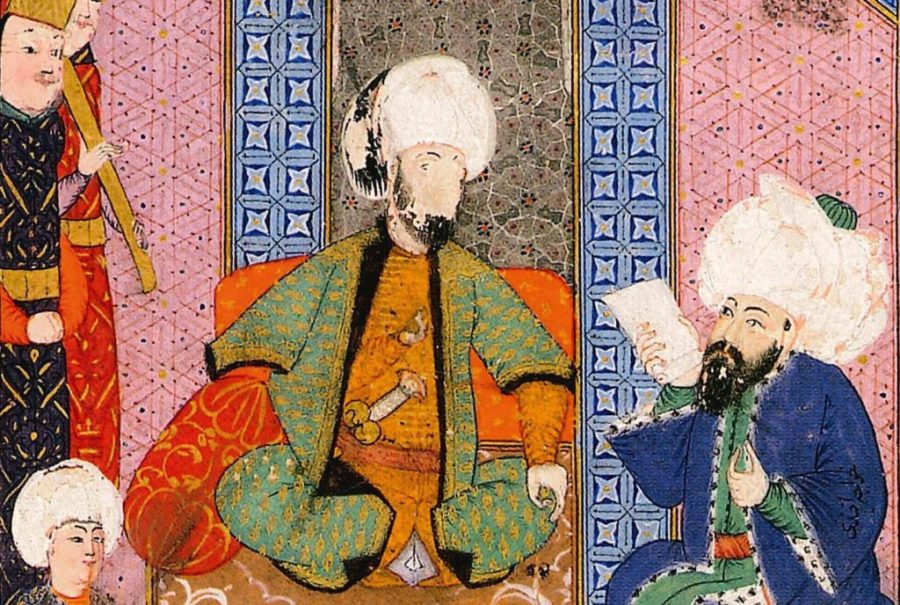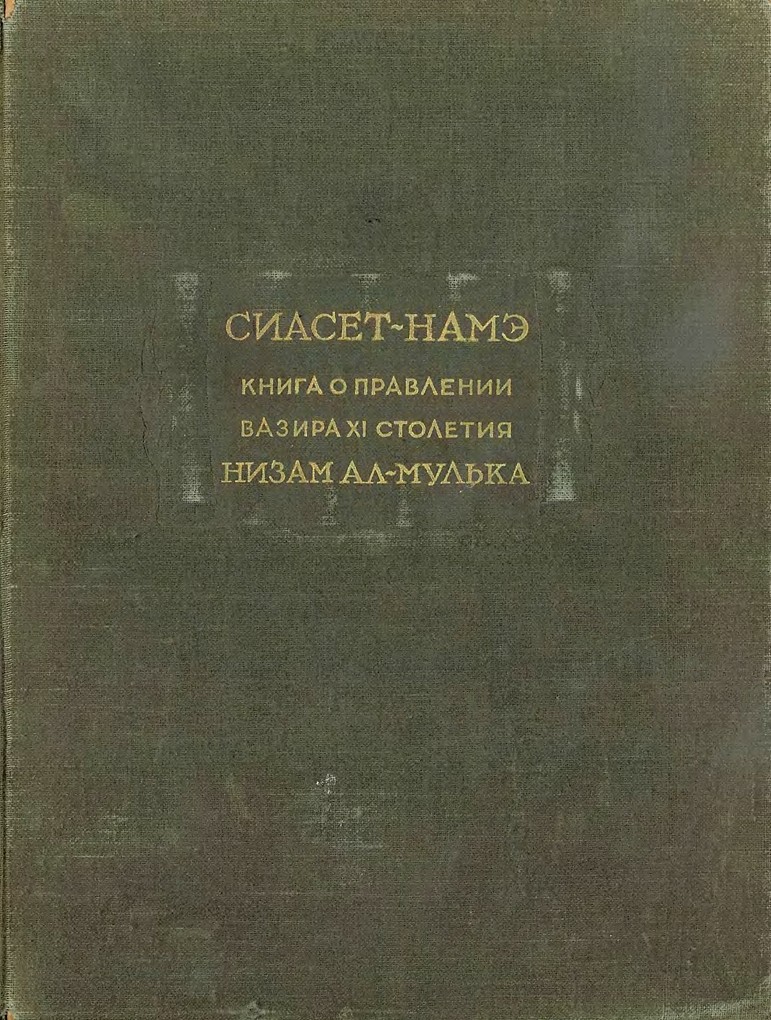
What did Nizam al-Mulk advise in Siyasat-name?
In his “Siyasat-name”, the prominent statesman of the Islamic world, Nizam al-Mulk, shares his experience in public administration.
Siyasat-name (Book of Government), also known as Siyar al-Mulk (Life of the Rulers), is the most famous work of the prominent statesman of the Islamic world, Nizam al-Mulk (1018-1092), vizier of the Seljuk sultans. Alp Arslan and Malik Shah. Nizam al-Mulk wielded immense power as the head of administration of the Seljuk empire for 30 years. It is believed that thanks to him, Persian forms of government were established in it, which persisted for centuries.
“Siyasat-name” was compiled at the request of Sultan Malik Shah. The language of the work is Persian. In total, it consists of 50 chapters dealing with religion, politics and other issues. Each of them contains hadiths and parables rooted in Islamic and sometimes pre-Islamic Persian culture.and history. Popular heroes such as Mahmoud Ghaznevi and the pre-Islamic Shah Khosrov Anushirvan appear in them, who were considered exemplary rulers. The last 11 chapters, written shortly before the assassination of Nizam al-Mulk, are mainly devoted to the dangers facing the empire, in particular the growing threat of the Ismailis. The book covers the role of the army, police, spies and officials and provides ethical advice, emphasizing the need for justice and religious piety in the ruler. Nizam al-Mulk defines in detail what he considers to be justice, in which all social groups in society are “given their due” and the weak are protected. Justice is determined by both customs and Sharia law, and the ruler is accountable to Allah.

Source: livelib.ru
The book presents not only the thoughts of the author, but also the realities of that era. From it one can glean information about the politics and state of the Seljuks, a general understanding of politics in the Turkic and Persian culture, which makes it a valuable historical source. For this reason, it has been translated into many languages and continues to be the object of study for both politicians and historians. The work is written in a simple and fluent language, and therefore is considered easy to understand. Here are some of Nizam al-Mulk’s tips.
“The ruler should make sure that Allah is pleased with him. One can achieve the pleasure of Allah by mercy and kindness towards the people. If the people offer prayers [for the ruler], the state will remain strong. “
“The best rulers are those who communicate with scientists. The worst of the learned are those who seek the favor of the rulers. “

Source: nebesht.com
“Officials need to be encouraged not to behave arrogantly in performing their duties, not to act rudely, collecting kharaj and ushur (taxes), not to demand them when the harvest has not yet been harvested.”
“An employee who has taken an appropriate initiative should be rewarded without delay. And the one who made a mistake should be punished according to his guilt. For the power of the ruler rests on this ”.
“If the padishah shows excessive favor to high-ranking officials of the state, to those who guard the borders, to military leaders, then this deprives them of their fear. And this already brings harm to his power. “
“One should not rush in matters of state. If there are doubts about any issue on the agenda, then an investigation should be ordered. “
Islamosphere

